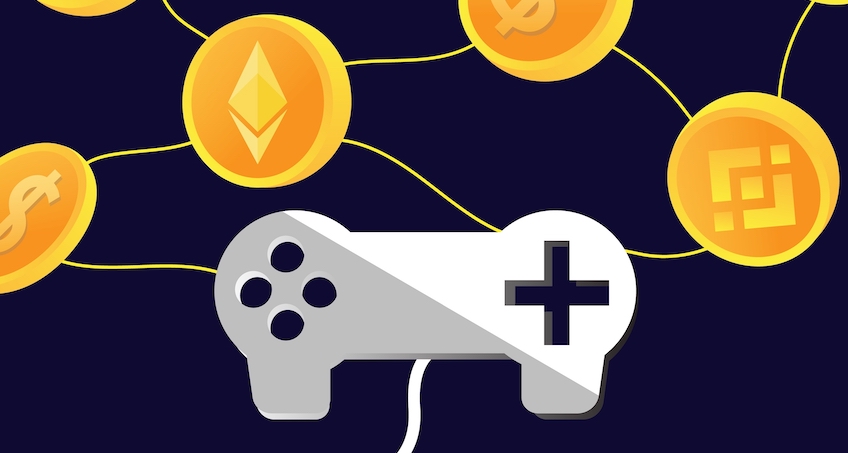Play-to-Earn User Activity Increased by 2,000%
User activity on play-to-earn (P2E) platforms has increased by triple digits year on year, according to new research. In addition, the number of unique addresses in this gaming area has increased as well.
According to a survey issued jointly by DappRadar and the Blockchain Gaming...

User activity on play-to-earn (P2E) platforms has increased by triple digits year on year, according to new research. In addition, the number of unique addresses in this gaming area has increased as well.
According to a survey issued jointly by DappRadar and the Blockchain Gaming Alliance (BGA), user engagement in the play-to-earn (P2E) blockchain gaming market has increased by 2,000 percent year on year.
When it Comes to the Evolution of the Gaming Business, Why is Play-to-Earn a Significant Step Forward?
In spite of “difficult conditions produced by the micro and macro outlook,” according to the report, “activity in the P2E gaming category has stabilized at high levels over the previous 12 months,” the report states.
At the same time, the beginning of 2022 indicated that users’ interest in the field has remained high throughout the years. In the first quarter of this year, the usage of blockchain technology and investment in the gaming industry accounted for 52 percent of all blockchain activity, according to the Blockchain Information Exchange.
The phrase “Play-to-Earn” (P2E) for video games has just lately gained popularity. In other words, gamers can make money by staking, cultivating in-game currency, or producing tokens.
Users that choose games that feature the P2E concept will receive money for their successes or will acquire NFT cards and bitcoin, which they can subsequently sell on the open market. Already, tens of thousands of people all around the world have made this industry their primary source of income and profit.
The game’s mechanics may vary, but the majority of the time, the reward is received by swapping in-game currency for cryptocurrency or by manufacturing NFTs that can be traded on the exchange. Although blockchain-based games have been around for a long time, the likelihood of making cash was illusory in the early stages of development. The concept of “Play-to-Earn” refers to the presence of an in-game economy as well as the development of a business model in which players can profit from their participation.
Some Statistics
According to DappRadar, the total number of unique active wallets (UAW) in the P2E sector in this country was 1.22 million in March 2022 alone. This represents a 2,000 percent increase over the previous year.
A number of cybersecurity incidents, such as the recent Ronin attack, have brought attention to the ongoing dangers connected with poorly secure platforms and systems.
In addition to Axie Infinity Games, one of the recognized industry leaders, several peer-to-peer (P2P) gaming initiatives have seen an increase in popularity over the previous 12 months. Crazy Defense Horses and Aavegotchi are only a couple of examples of this. As a result of such games, the amount of activity on the Polygon blockchain has increased by 219 percent since the beginning of the year.
At the same time, the Axie Infinity project itself is currently experiencing difficulties as a result of a recent hack. According to the project’s developer, it will take approximately two years to recover the monies that were taken.
In terms of finance, the blockchain gaming segment raised $2.5 billion in the first quarter of 2022, representing a 150% increase over the same period in the previous year.
The Bottom Line
Meanwhile, the reaction of traditional gamers to such a widespread adoption of blockchain technology in their sector is still up in the air. Some people assume that game creators are simply racing after the next craze and attempting to cash in on it. Others see great promise in such a radical alteration of well-known business models as well as the introduction of cutting-edge technology, such as P2E, among other things.
At the beginning of the year, one of these disagreements arose when Ubisoft decided to master the NFT part, which drew widespread criticism from users.
The trend towards blockchainization in the gaming sector, on the other hand, cannot be stopped now. The introduction of new technologies and methods of developing content and functionality will continue in the future. So the Japanese publisher and creator of video games Square Enix has unveiled plans for the decentralization of video game development and distribution.
